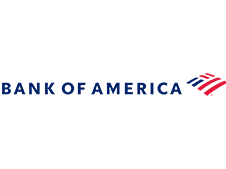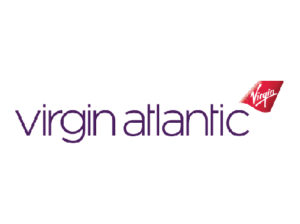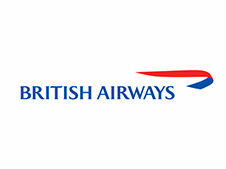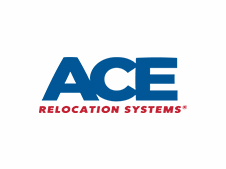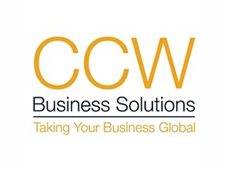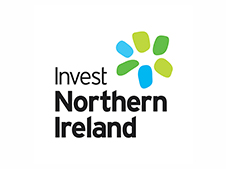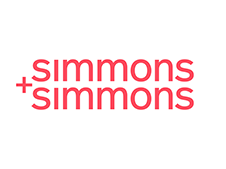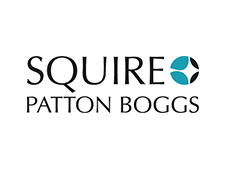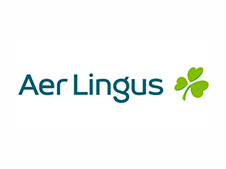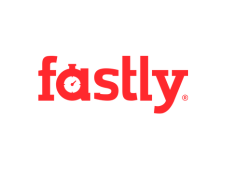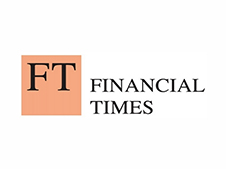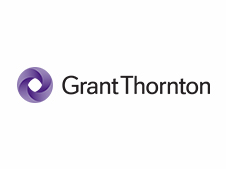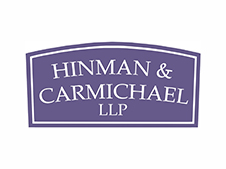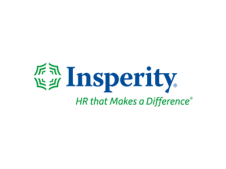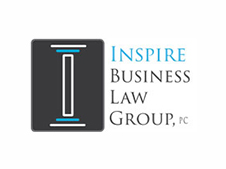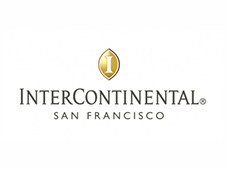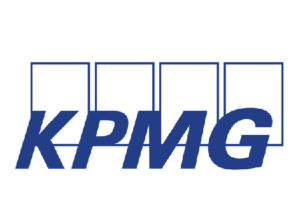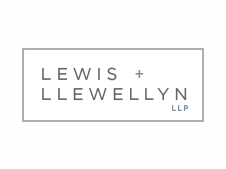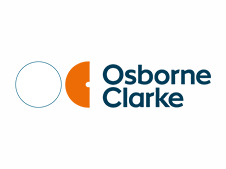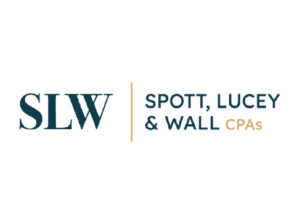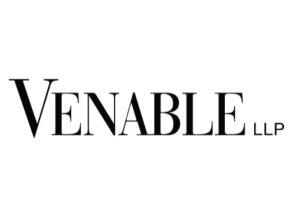Brexit shocks Bay Area British business community
Kevin Truong Intern San Francisco Business Time
Colin Brown, the chairman of the British-American Business Council of Northern California, was parked on his couch with his wife Thursday evening watching the results of the United Kingdom’s Brexit referendum roll in over the airwaves.
“It was a slightly surreal experience,” Brown said. “No one thought it would be this close.”
Colin Brown, the chairman of the British-American Business Council of Northern California
As time went on, he started to realize that the pre-election polls would be proved wrong and that the country would choose to leave the European Union. His phone started buzzing non-stop with Skype and text messages from across the Atlantic.
“There are more than 200 UK companies with established operations in the Bay Area and over 350 US companies headquartered here who have offices or subsidiaries in the United Kingdom, the BABC says on its website. “This represents one of the greatest concentrations of bilateral business in one geographic area within the United States.”
Some Bay Area businesses with British roots or offices in the U.K. include big drug-development companies such as Genentech Inc. parent Roche, Bayer and Amgen Inc. (NASDAQ: AMGN) as well as Cooley LLP, British Airways, Fairmont San Francisco, HSBC Bank USA, Grant Thornton LLP, Aer Lingus, Deloitte and Huddle, among hundreds of others.
But the Brexit vote has implications for companies with no direct U.K. connections, too. San Francisco-based cloud software developer Twilio Inc. (NYSE: TWLO), which went public Thursday and saw its stock shoot up 92 percent, was down more than 8.6 percent Friday. And San Rafael’s BioMarin Pharmaceutical Inc. (NASDAQ: BMRN) — which has manufacturing operations in Ireland, a country whose exports are expected to be hit particularly hard by the Brexit results — saw its stock tumble 8 percent Friday.
What’s more, after a period of market stability, IPO-ready companies waiting out this year’s choppy markets were again thrown into a lurch.
Brown, who owns Ventureexcel, a San Francisco-based company that helps businesses expand between the U.K. and the United States, is still reeling from the shock of the U.K. voting to leave the European Union in a bitterly contested election.
In the span of 24 hours, Prime Minister David Cameron has announced his resignation, global equity markets have been plummeting, and the value of the pound sterling has dropped to historic lows.
“People are still in shock, there’s not a clear roadmap on how to move forward.” Brown said.
One day after the referendum “the real question is now: what does the U.K. do now to attract business?” he said.
The Transatlantic Trade and Investment Partnership (TTIP), the massive international trade deal between the European Union and the United States, has been thrown into flux in the wake of Brexit.
As no longer a part of the EU, the U.K. would not be subject to the terms in the deal, but some business owners are concerned that an economically isolated UK would be more vulnerable in trade negotiations with the U.S.
Cameron said he would leave his successor to enact the process outlined in Article 50 of the Treaty on European Union, which kicks off a two-year negotiation procedure between the country and the EU on how exactly the UK plans to disengage from the union.
But the unprecedented nature of the country’s pullout also has companies debating how to proceed.
Brown specifically pointed out two industries that are at the core of Bay Area business, which will be affected by the decision to leave.
Tech companies often used the U.K., and specifically London, as a drop-in point for a larger expansion into Europe, benefiting from the language commonality as well as tax and labor laws that are favorable for foreign business.
The concern now, according to Brown, is that American companies looking toward Europe will instead choose other European capitals like Madrid or Paris as footholds into the continent’s markets, bypassing the U.K. completely.
Additionally, biotech and pharmaceutical companies operating research and development centers in Europe and the United States, which were previously governed by the terms in TTIP, will need to go back to the bargaining table as the political situation between the U.K. and the EU continues to shake out.
While in the short-term, Brown said that he sees little changing in European companies coming into the United States, noting the increased access to capital will still remain as a draw, he said that it is still too early to determine long-term effects.
Brown added that while many businesses decided to financially prepare for the Brexit vote by hedging on the foreign exchange market, they weren’t fully ready for the reality of the situation if the country decided to leave.
“We’re in uncharted territory,” he said. “They were planning for instability, not exit.”


